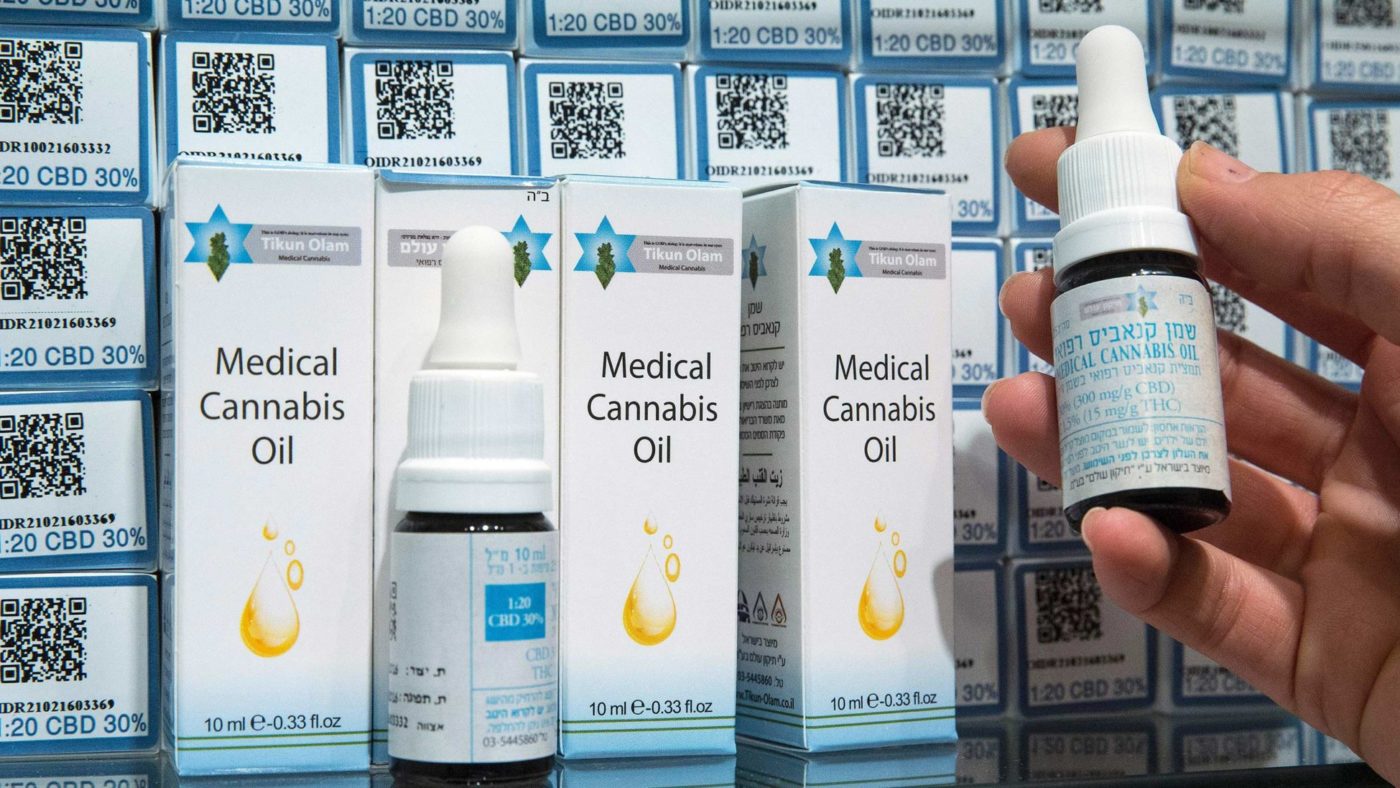Rarely is the cruelty of an outdated policy made as clear as it was last week when Billy Caldwell had his medicinal cannabis oil confiscated. When Billy and his mother Charlotte departed Toronto, they knew the customs officials would be awaiting them on arrival on the other side of the Atlantic. But the pain and anguish that awaited them was no less real.
Upon landing, Billy’s mother declared the cannabis oil and it was swiftly confiscated by officials at Heathrow Airport. Shortly after, Billy – who is severely epileptic – suffered his first seizure in over 300 days. Knowing the plight that was to come, Billy’s mother said the Home Office had “signed [her] son’s death warrant”.
Thankfully the Home Office has now granted Billy a temporary license. This is not enough, however. It is only for 20 days. Frankly, it is shameful that it took a twelve-year-old to suffer through seizures, a helpless mother to plead with the Government, and intense media pressure, for the Government to accept that the current laws need to be evaluated.
The current system is illogical and dated on two fronts.
Firstly, other countries have shown that cannabis oil can be allowed for safe medicinal use. Canada, the United States, and European nations such as Germany, Italy, the Netherlands and the Czech Republic are miles ahead of Britain when it comes to legalising cannabis for medical use. While the Government shouldn’t be blindly legislating based on what other countries do, we could save lives and money for the NHS if we licensed drugs already approved by rigorous regulators in developed countries.
Secondly, if and when the ban is lifted by the Home Office, the substance will still need to pass several hoops of approval. The fact that cannabis oil is seen as a viable treatment by both the political and medical establishments in other countries makes the whole debacle even more astounding. After all, should it not be doctors, rather than politicians, who prescribe medicine?
There are currently 63,400 children in the UK who suffer from epilepsy and a third of them don’t respond to NHS-prescribed drugs, meaning supplementary drugs often need to be prescribed to address the serious side-effects of the original epilepsy treatment.
The rationale behind the UK’s ban on cannabis oil is that it contains tetrahydrocannabinol (THC), the primary psychoactive constituent of cannabis, which the Home Office reclassified from a Class C to a Class B drug in 2009.
The case of Billy Caldwell illustrates how the Government’s blanket approach is incredibly out of touch with modern medicine. This is not a question of legalising cannabis for recreational use. It’s a completely separate issue – as many countries have successfully identified. Even if the Home Office comes to its senses soon, however, the current system of regulation is insufficient.
The evidence from other countries is overwhelmingly in favour of cannabis oil for medicinal use. However the MHRA, which regulates medicinal drugs in the UK, currently operates under a precautionary principle which makes it extremely risk averse. This means if the Home Office were to lift the ban on medicinal cannabis use, it would still take a long time for it to be made available to those who need it the most.
People like Billy Caldwell shouldn’t have to fly to Canada or the US to find effective relief from their seizures. It’s time for the MHRA to change its approach and allow doctors to recommend drugs which have only passed early stages of trials to particularly needy patients. The current regulatory framework is extremely lengthy and in the case of cannabis oils, extends the suffering of thousands.
Sajid Javid and Jeremy Hunt’s willingness to look at current laws is welcome progress.
The Government must see this as a separate issue from recreational cannabis legalisation and lift the ban on medicinal cannabis oils immediately. Equally importantly, the Government needs to acknowledge that the regulatory bureaucracy is incompatible with international medical innovation. Failure to do so would be an act of cruelty.


